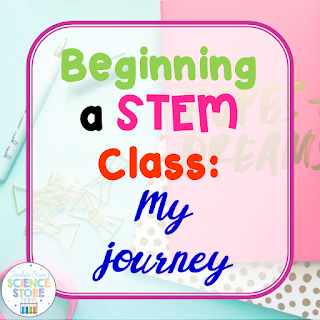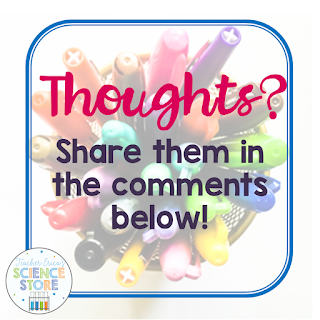We are in our last 2 weeks of school, and the final full days! The last official assignments are being turned in, desperation extra credit and make-work are being emailed at all hours, and my thoughts turn to next year.
My big goals for the next couple of weeks will be to get my room cleaned and organized, as well as setting up my procedures around the room.
In my first year or in new rooms, I do not throw anything out- you never know what you might need! Especially when there is not curriculum or guidance, anything and everything might be useful. Now that we are at the end of the year and I have a plan and direction for next year, I am willing to part with/toss out all the junk I have been hanging on to, or pass it along to another teacher.
Cleaning out cabinets and organizing is a great activity for the students to help with. As much as they profess to be excited to have "nothing" to do, a full 8 hours of nothing gets pretty old, so I make a list of tasks and chores that I can hand out to students to complete.
My list usually includes:
- clear out cabinets and wipe them down
- check expiration dates on chemicals and materials
- sorting and organizing small parts (ahem, all my stem stuff!)
- printing out new labels and attaching them to the boxes
- dusting and wiping down the entire room
- updating worksheets with my notes
- cleaning out old papers and student work
- finishing little projects and models for next year
- even sharpening colored pencils and checking for dead markers!
My big task for myself is to organize my paperwork! Although we are a 1:1, I like to keep it old school, and print copies of everything we do, and of projects I find, or inspirational labs and activities! As we go through the activities, I write notes to myself, and I keep everything in a big pile a file to refer to later. I am now tackling the huge job of sorting the papers into which class, which unit and which project.
After I sort them, I read through each of the mini-piles, taking a look at my notes and additional materials I may have attached. I then take a clean sheet and summarize what I want to do with the materials and any new ideas I have, and put it into a file with a post-it tab.
 |
| Different Project Ideas Filed |
Finally, I create a schedule of when to work on develop the materials for each class, unit and project, so that everything is prepared for the beginning of next year. I usually start with my introduction units, since they will be needed first. Looking at my planner, I write each topic into a week, so that I know what to pull out to work on, and just go from there! It takes a lot off of my mind, knowing that I can just pop open my planner, see what is scheduled and get to work- I get too stressed out and paralyzed with too many choices otherwise!
How does your end of the year go? Do you have a plan to use your end of year helpers and prep for next year? Share your methods below!

































